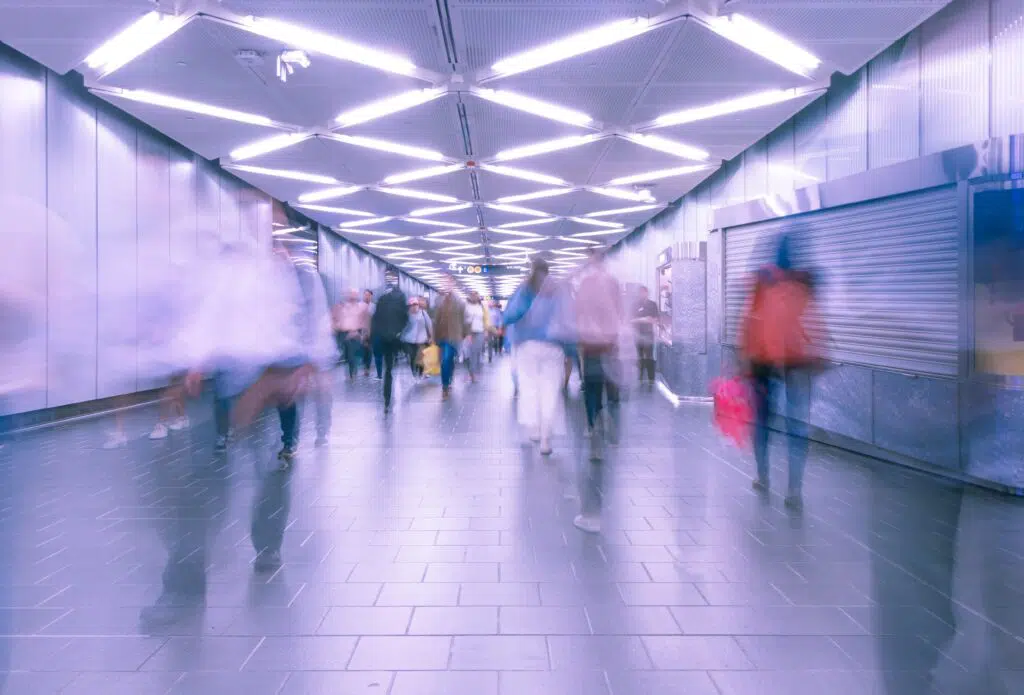Buy Now, Pay Later (BNPL) is not only changing the way we pay for online purchases, it is also impacting the economy (mostly for the better) and transforming the financial system at large.
BNPL loans are short-term loans most often used for online purchases. A BNPL loan allows consumers to pay for an item in several small installments with no interest. While consumers may need to make an upfront down payment, that’s not always the case.
Fintech companies have offered BNPL loans through merchants for about a decade, but the product has exploded in recent years with the increase in online shopping amid the COVID-19 pandemic and rising inflation.
BNPL loans are not only available to finance goods purchased on the internet but also for essential services. At medZERO, for example, we offer employer-sponsored BNPL loans to pay for out-of-pocket healthcare costs.
A recent report from C+R Research found that 60% of Americans have used a BNPL service and that 46% of those are currently making a payment or several payments through a BNPL service. This is only the beginning. The number of online purchases using BNPL services are growing at a rate of 39% a year. BNPL loans are especially popular with younger consumers and those who don’t have readily access to credit cards.
If the growth continues at this trajectory, BNPL loans will have substantial consequences on the financial system and on the economy. Here’s a look at the potential impact of BNPL.
BNPL is replacing credit cards
BNPL loans have the advantage of not requiring a credit check nor a credit approval and of being interest free, as long as payments are made on time, so shoppers are favoring the new loans to fund online purchases.
Credit cards are more ubiquitous than BNPL and can be used everywhere, unlike BNPL, but this could change soon. The C+R Research survey found that among BNPL users, 38% said it will eventually replace their credit cards. Meanwhile, a Morgan Stanley equity analyst recently said she expects BNPL to grow faster than traditional credit cards in Europe.
It’s also disrupting legacy financial services
Credit card companies have taken notice and realized they need to stay competitive. Financial services firms including American Express, Chase, Citi and Barclays are now offering their own versions of BNPL-like predictable installment payments to compete with the fintech startups that are leading the BNPL space. Morgan Stanley predicts that BNPL service providers are positioned to continue to take market share in the consumer spending space and there could be some impact to banks’ earnings in the long run if banks fail to develop their own apps to stay competitive.
This doesn’t come without risk, however.
Some prospective homebuyers in the UK were declined when applying for mortgages because they had used a BNPL service even though they hadn’t missed a payment. Even if banks and lenders don’t inquire about BNPL, using BNPL services instead of a credit card can prevent someone from building a credit history, since BNPL service providers don’t report to the major credit reporting companies. And without a credit history, it’s nearly impossible to obtain a bank loan. A BNPL loan can also affect chances of a mortgage or other bank loan approval if BNPL payments are late and impact the borrower’s credit score.
The pros of BNPL
By making BNPL loans available for all, it is expanding credit access. There have also been some efforts to democratize BNPL loans and to eventually allow Americans to build a credit history even without a credit card.
In December, one of the major credit reporting firms, Equifax, made BNPL payment information part of credit reports for the first time. With the expansion, individuals who don’t have access to credit cards, and as a result mortgages and bank loans, can still increase their FICO score and build or rebuild credit, if they pay their BNPL loans on time.
They are also helping small businesses and creating jobs.
Covid has forced many retailers to focus on digital shopping and to adopt BNPL services, which has been key to stay afloat and even recover from the pandemic. A September PYMNTS survey of small to mid-sized businesses found that 63% companies in the retail sector said BNPL programs have been vital to their recovery from the pandemic. BNPL services are also prompting shoppers to spend more with these retailers, which have gained new customers and seen higher revenue.
medZERO is unlocking a smarter way for your employees to pay for care. Contact us to learn more.


